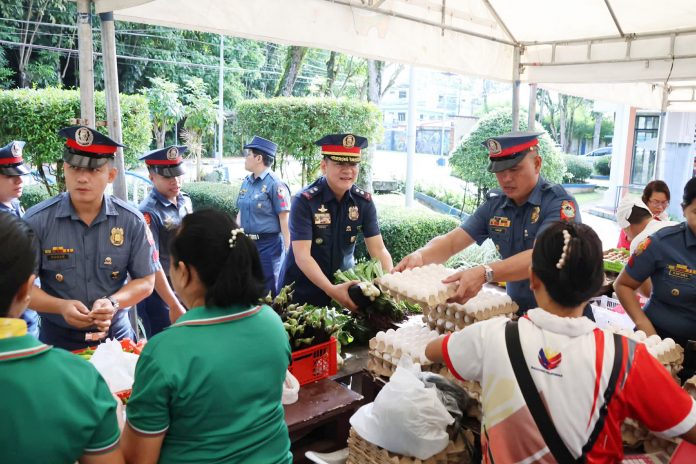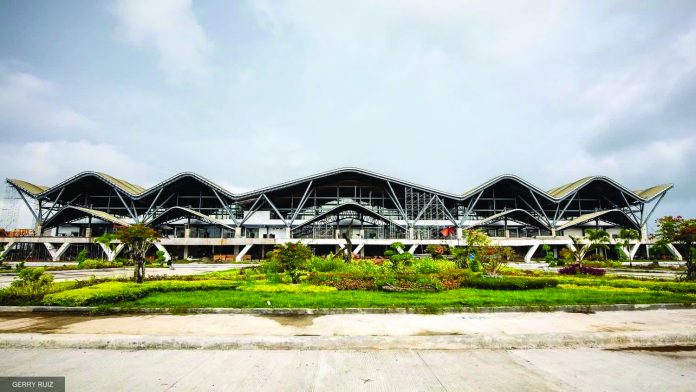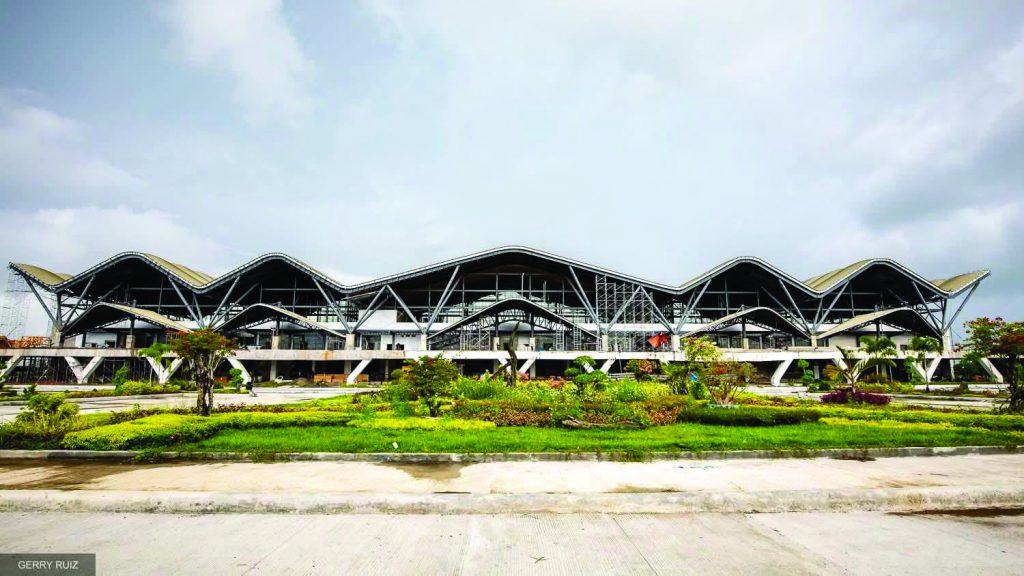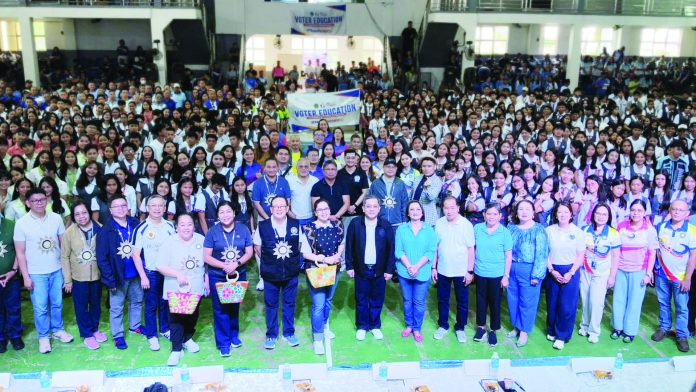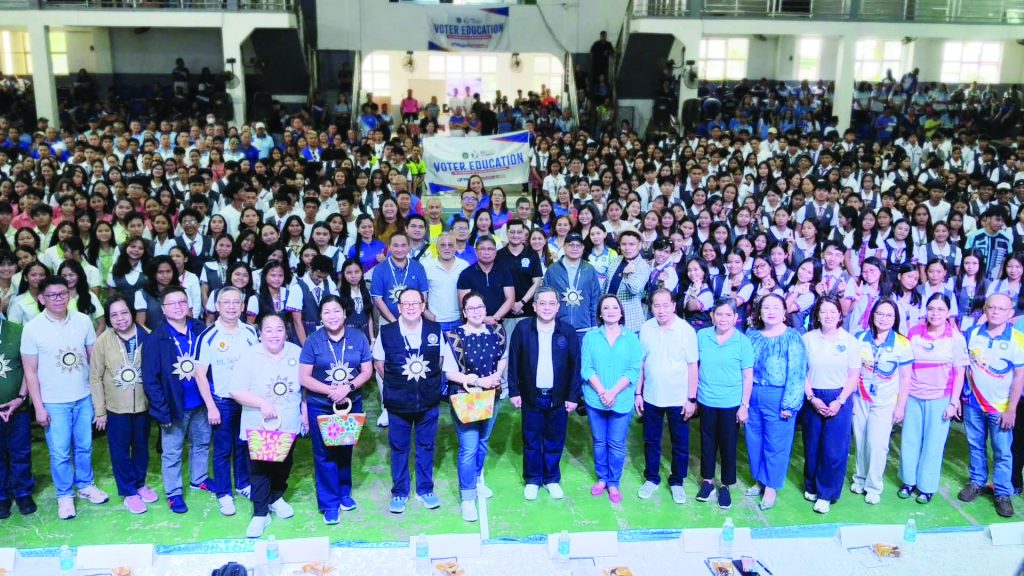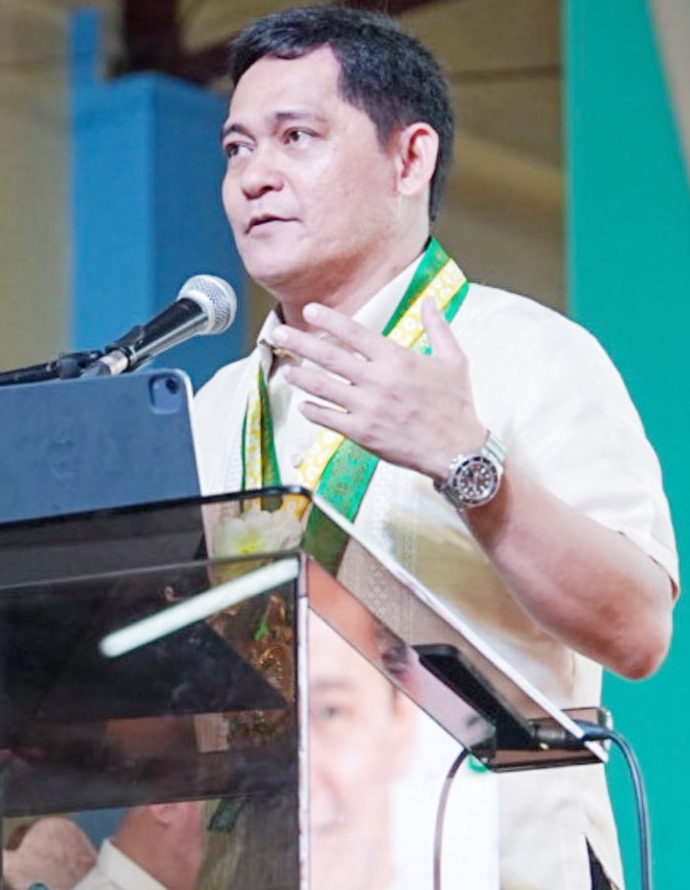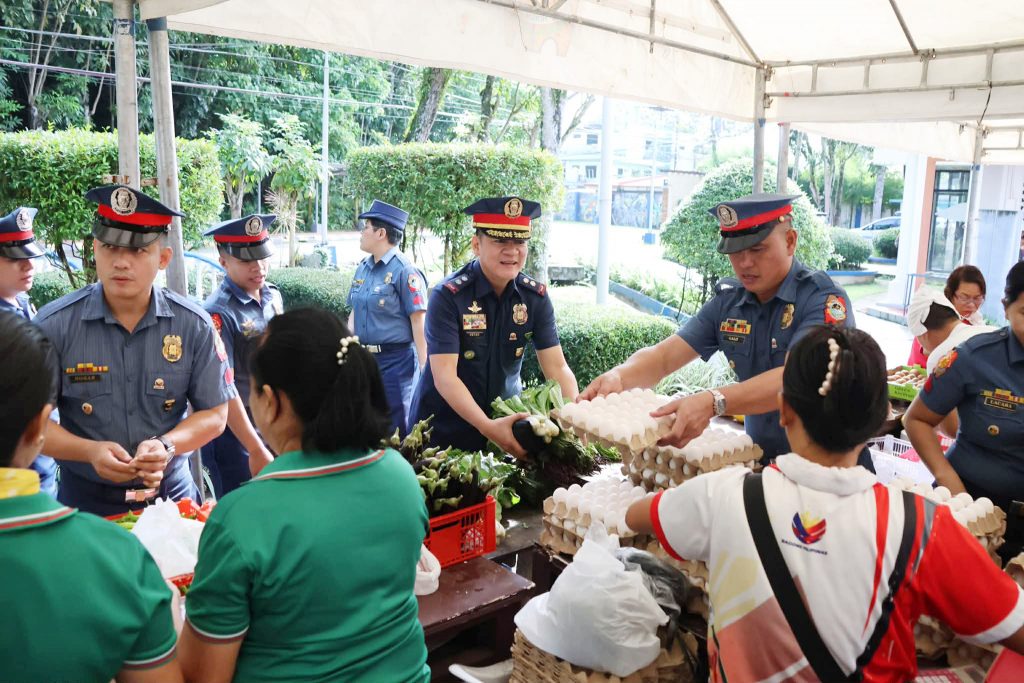
TACLOBAN CITY — Police personnel in Eastern Visayas no longer had to leave camp or queue at multiple offices to access basic government services as the Police Regional Office 8 (PRO-8) rolled out a one-stop shop of frontline services for uniformed personnel and their dependents on January 28.
The activity, held at the PRO-8 Multi-Purpose Hall, was spearheaded by Regional Director B/Gen. Jason Capoy in line with the directive of PNP Chief Gen. Jose Melencio Nartatez Jr. to deliver faster, more accessible, and people-centered public service under the banner “Serbisyong Mabilis, Tapat, at Nararamdaman,” in celebration of PNP Day.
The one-stop shop gathered various government agencies and partner institutions to provide on-site services aimed at easing the administrative and personal needs of police personnel and their families. Among the services offered were license renewals and registrations by the Professional Regulation Commission (PRC) 8 and the Land Transportation Office (LTO) 8.
Clearance applications and eligibility authentication were facilitated by the National Bureau of Investigation (NBI) Eastern Visayas and the National Police Commission (NAPOLCOM) 8, while the Philippine Statistics Authority (PSA) assisted in the registration and issuance of Philippine National ID cards, as well as birth and marriage certificates.
The Department of Justice (DOJ) conducted legal education sessions for police investigators, focusing on proper case filing and strengthening prosecutorial coordination. In support of food security and health initiatives, the Department of Agriculture (DA) distributed free seedlings, provided anti-rabies vaccinations for pets, and operated a KADIWA store, while the Philippine Coconut Authority shared dwarf coconut seedlings.
Health and wellness services were also extended through the PRO-8 OLC Foundation Inc., which offered medical services and health lectures. Financial and social welfare assistance were provided by PhilHealth Eastern Visayas and Pag-IBIG Fund Tacloban, with additional support desks from the Public Safety Mutual Benefit Fund Inc. (PSMBFI), Philippine Savings and Loan Association Inc. (PSSLAI), and Armed Forces and Police Savings and Loan Association Inc. (AFPSLAI).
Capoy thanked partner agencies for their support, emphasizing that the initiative reflects the organization’s commitment to the welfare of police personnel and their families.
“This one-stop shop shows that the welfare of our personnel and their dependents is a priority. By bringing these services directly to our camp, we ensure that our men and women in uniform truly feel the support of both the organization and the government,” Capoy said.
(LIZBETH ANN A.ABELLA)

